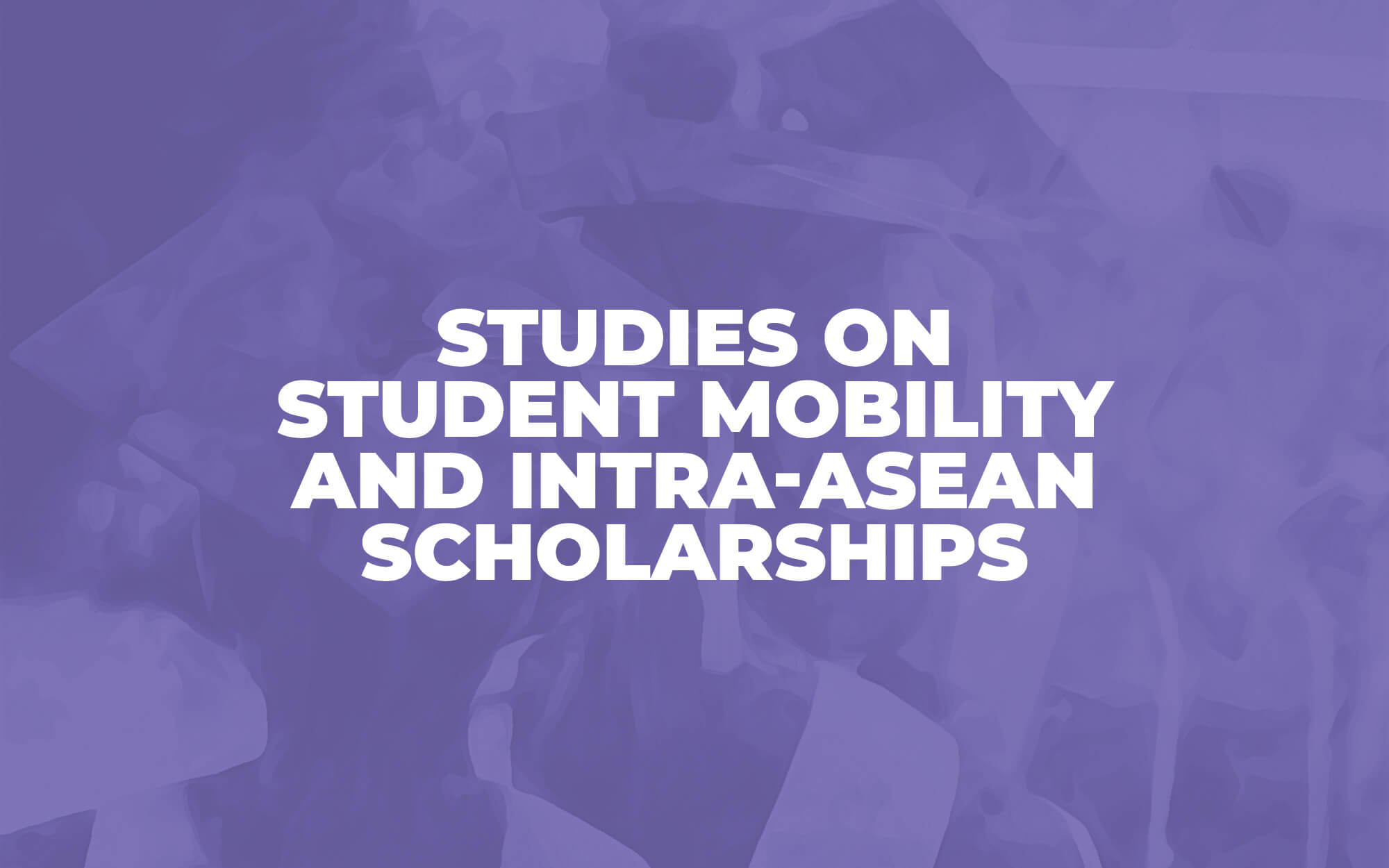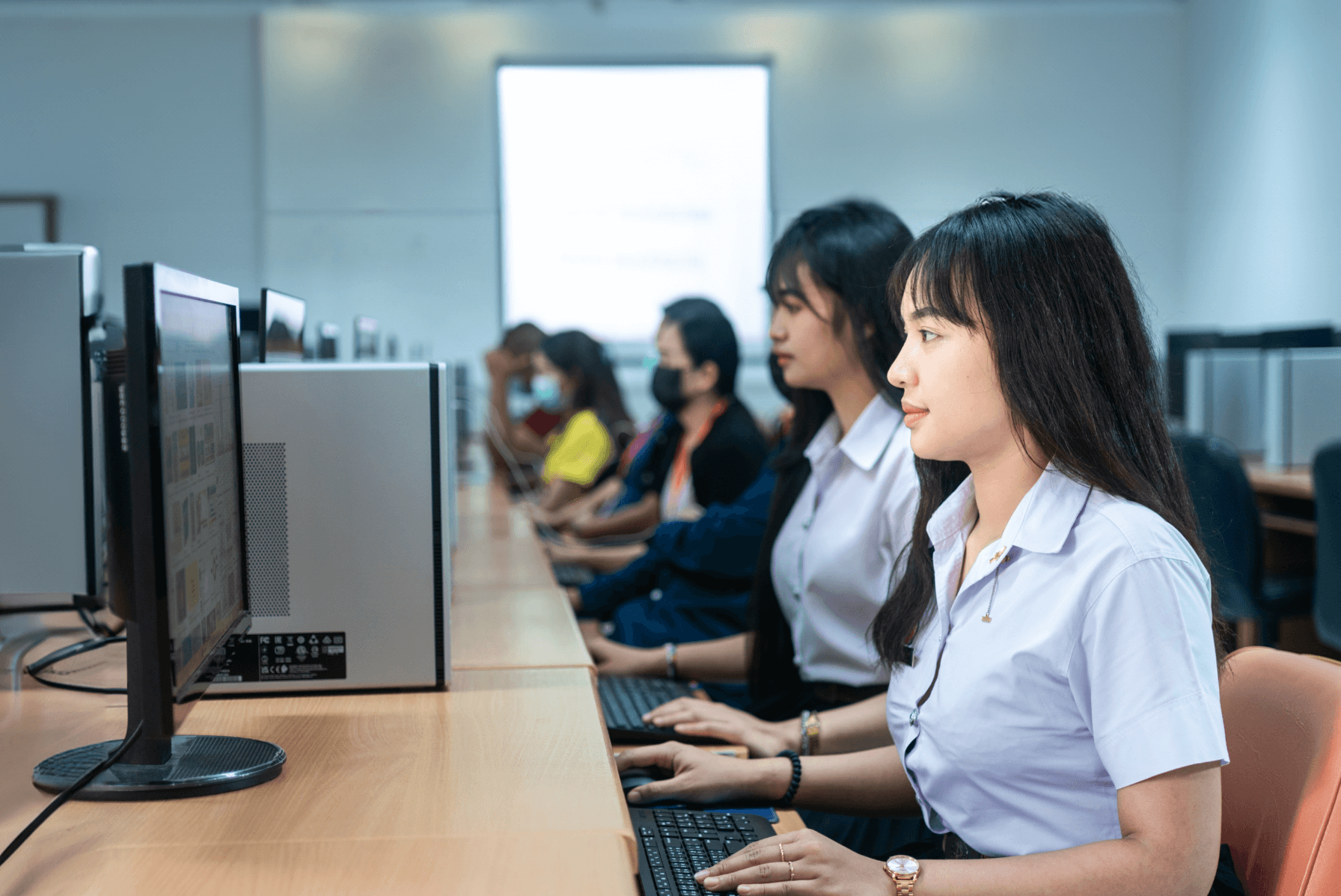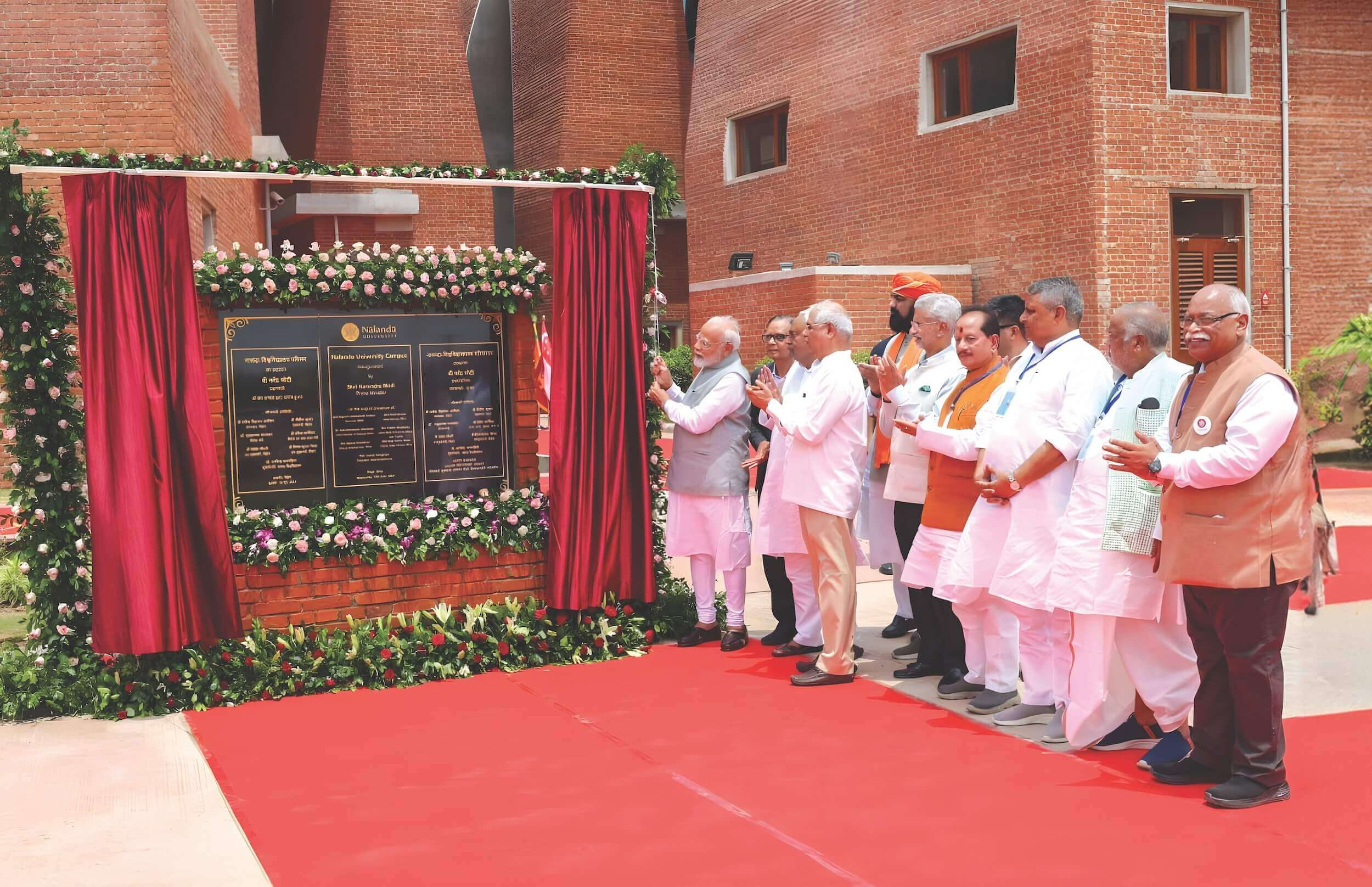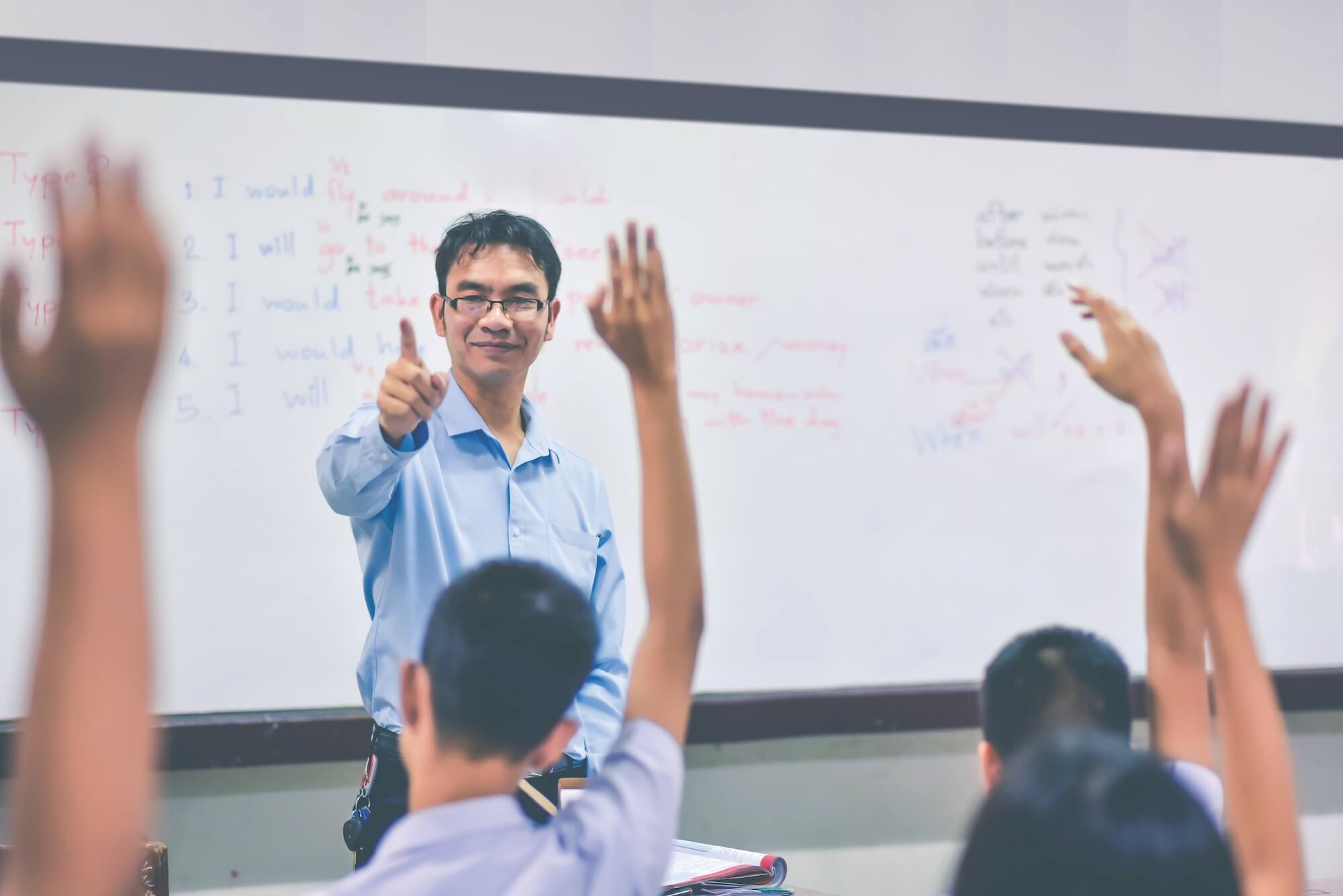



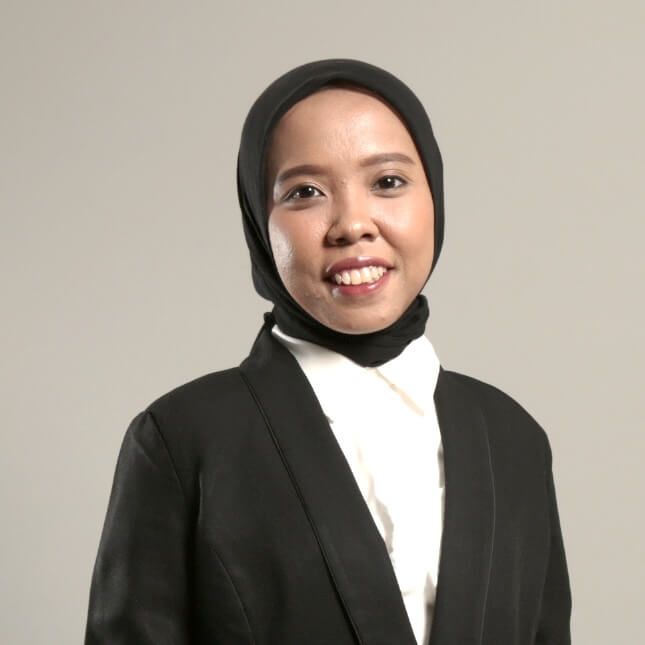
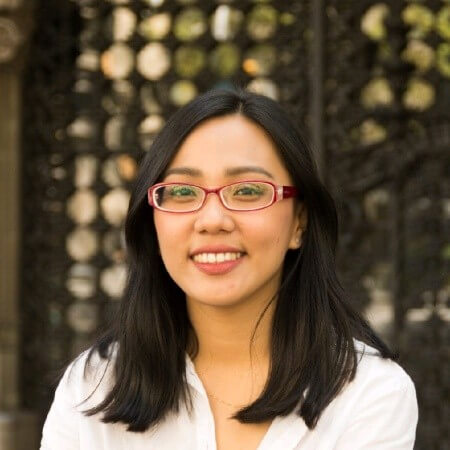
The ASEAN Socio-Cultural Community (ASCC) Policy Brief is a publication of the ASCC Department at the ASEAN Secretariat. It identifies trends and challenges that will impact ASEAN and ASCC sectors and propose policy-relevant solutions and recommendations to uplift the quality of lives of ASEAN people.
Why the quality of teachers matter
The quality of education hinges on the calibre of its teachers, as they are fundamental to effective learning across all levels—early childhood education and care (ECEC), schools, training, vocational education and training (TVET), and adult education. The 2024 Global Report on Teachers by UNESCO and the International Task Force on Teachers for Education 2030 showed that teachers are the single most impactful factor within schools influencing student learning outcomes, even though factors like a student’s background and motivation also play a role. Teachers are vital in delivering high-quality education and should receive adequate and relevant training and education to qualify for their teaching level and subjects. Given this crucial role, ensuring a high-quality teaching workforce is paramount for any educational system.
In today’s increasingly complex world, the demands placed on teachers have grown exponentially. As societies and economies evolve, teachers are expected to seamlessly integrate new technologies, develop innovative pedagogical approaches, and effectively manage classrooms with a broader range of student needs. This is particularly challenging amidst a growing teacher shortage, where high attrition rates and frequent staff turnover paint a concerning picture of a profession grappling with dissatisfaction, stress, and burnout (UNESCO and International Task Force on Teachers for Education 2030, 2024).
The 2005 OECD report titled “Teachers Matter” also emphasised the critical need for relevant and high-quality teacher education (OECD, 2005). The report highlights the ageing teaching workforce in many countries and underscores the importance of attracting competent candidates. These future teachers must be well-prepared to address the numerous challenges in constantly evolving educational environments. Additionally, teacher educators are expected to stay current with educational developments and actively participate in shaping educational reform.
The ASEAN context: Where are we now?
The findings of the ongoing ASCC Research and Development Platform on the Future of Education note that while many ASEAN Member States are committed to transforming their educational systems through various measures, not all teachers are truly future-ready. Establishing a regional teaching framework is recommended to achieve this transformation. It is needed to ensure consistent quality and professional development, address skills gaps, and foster critical competencies across ASEAN Member States.
Teaching standards need to be upgraded. During the ASEAN Regional Forum on the Future of Education held online on 24–26 May 2023, Dr. Maria Cynthia Rose Banzon Bautista, Advisory Council Member of the Second Congressional Commission on Education in the Philippines, emphasised the need to consider financial, organisational, technical, human resource, and socio-economic constraints when setting teaching standards. She highlighted the importance of teachers’ creativity and resourcefulness to effectively serve learners, even in resource-deprived environments (Bautista, 2023).
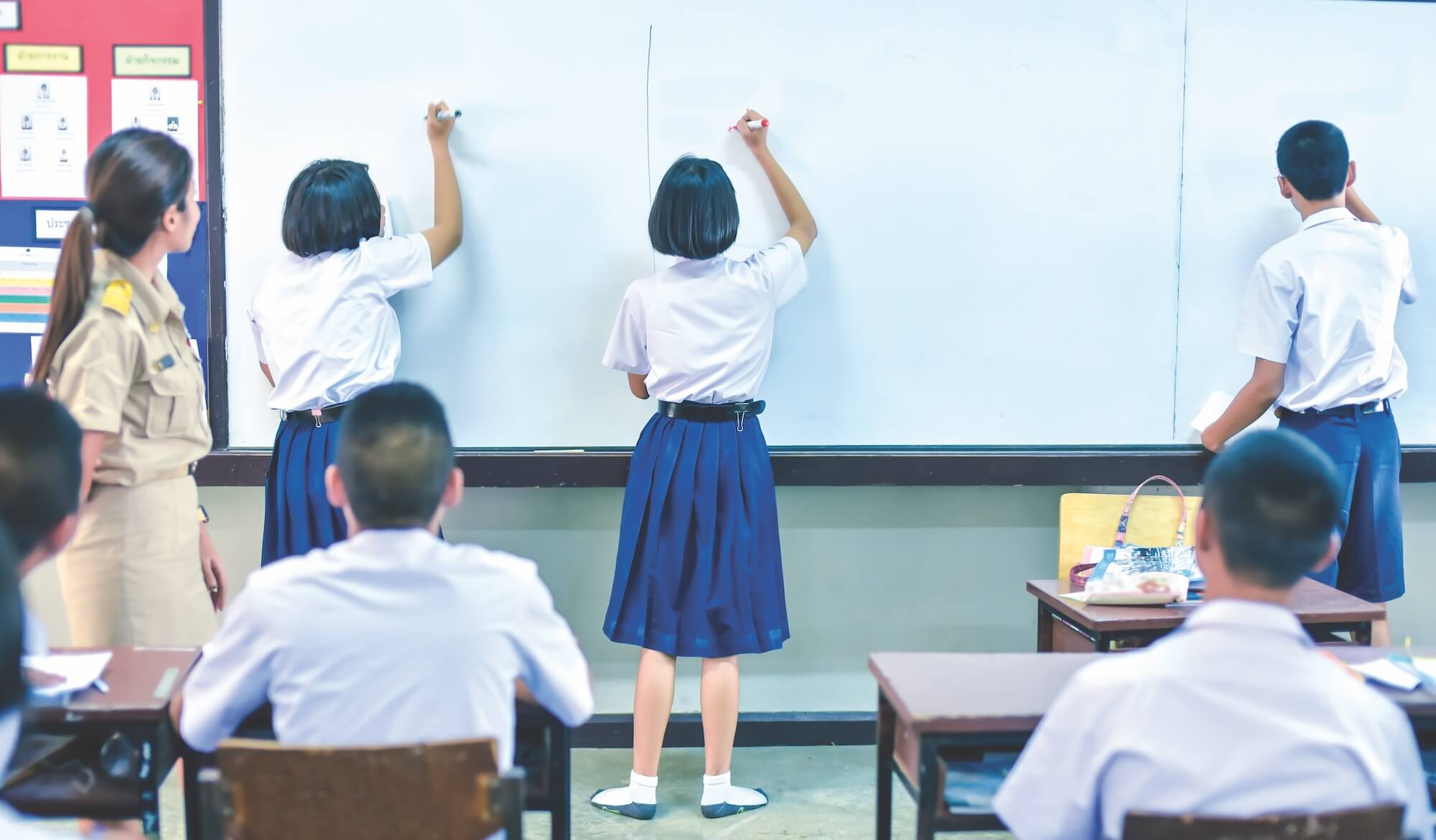
Teacher shortage needs to be addressed. According to the UNESCO Global Education Monitoring Report (2023), by 2030, the world will need 44 million teachers to achieve universal primary and secondary education, with 4.5 million required in Southeast Asia alone. Dr. Carlos Vargas Tames, Chief of Section of the Teacher Development Secretariat of the International Task Force on Teachers at UNESCO, warned that if this need is not met, the resulting teacher shortage will threaten the attainment of universal basic education and affect the quality of education due to overworked and overcrowded classrooms (Tamez, 2023). He also stressed the importance of satisfactory working conditions, including competitive salaries, better working hours, and professional development opportunities, to elevate teaching quality in ASEAN Member States.
Teachers need to undergo proper and sufficient training to improve the quality of their teaching. UNESCO stated that primary and secondary teachers in Southeast Asia receive organised and recognised pedagogical training more than teachers in other regions globally (UNESCO, 2023). However, the higher percentage of trained teachers in the region does not necessarily translate to quality education and training. Many available training programmes are one-size-fits-all professional development initiatives that need more relevance to current classroom realities. Teacher training must address multifaceted dimensions and varied contexts to tackle complex educational challenges, with case-by-case studies differing across regions.
Currently, teacher training institutions in the region can reference the Southeast Asia Teachers Competency Framework (SEA-TCF) 2018. This framework resulted from a regional collaboration involving SEAMEO’s (Southeast Asian Ministers of Education Organization) 11 Ministries of Education in Southeast Asia and aims to guide teacher professional development towards realising 21st-century skills and practices within a regionally appropriate context. The SEA-TCF is significant because it was designed for Southeast Asian teachers by Southeast Asian educators, considering the unique national and regional contexts (SEAMEO, 2018).
The road ahead: The future of teacher education
The educational landscape of ASEAN is transforming. While the Member States have implemented various reforms, a crucial gap remains— ensuring teachers are equipped for the future. Demanding a regional solution, the findings from the ASCC R&D Platform on the Future of Work recommend establishing a regional framework that will focus on teacher growth and development. The proposed framework must recognise each ASEAN Member State’s diverse realities, particularly resource constraints. It should empower teachers’ creativity and resourcefulness to educate students effectively, even in under-equipped environments. Such a framework must support measures to equip teachers with essential skills, including technological proficiency, strong social skills for collaboration, and knowledge of global and regional teaching competencies.
To truly strengthen the teaching force, the framework must be paired with initiatives that address the teacher shortage. Measures like making teaching a more attractive career path, providing opportunities for inter- ASEAN teaching stints and cultural exchanges, and potentially recruiting teachers from countries with a surplus are all crucial. Additionally, supporting Teacher Training Institutions (TEIs) with financial and technical support is essential. It entails establishing model learning environments and developing relevant teaching resources specific to the ASEAN region.
By implementing a comprehensive strategy that combines the ASEAN Teacher Growth and Development Framework with targeted initiatives, ASEAN can empower its educators and pave the way for a more dynamic and future-proof educational landscape for all students.
Note: A comprehensive report on ASEAN’s Teacher Professional Development will be published under the ASCC Research and Development Platform on the Future of Education project. This upcoming publication will feature insights from the ASEAN Regional Future of Education Forum held on 24-26 May 2023. The project and its publications are supported by the ASEAN-Korea Cooperation Fund (AKCF).
This Policy Brief is a publication of the ASEAN Socio-Cultural Community Department of the ASEAN Secretariat. The views expressed in this publication are those of the author(s) and do not necessarily reflect the views of ASEAN and ASEAN Member States, the ASEAN Secretariat, and ASEAN Dialogue Partners. For more information about the ASCC Research and Development Platforms, contact the ASCC Analysis Division at ASCCAD@asean.org.
ASEAN Socio-Cultural Community Policy Brief can be downloaded from https://asean.org/serialparent/asean-socio-cultural-community-policy-brief/




